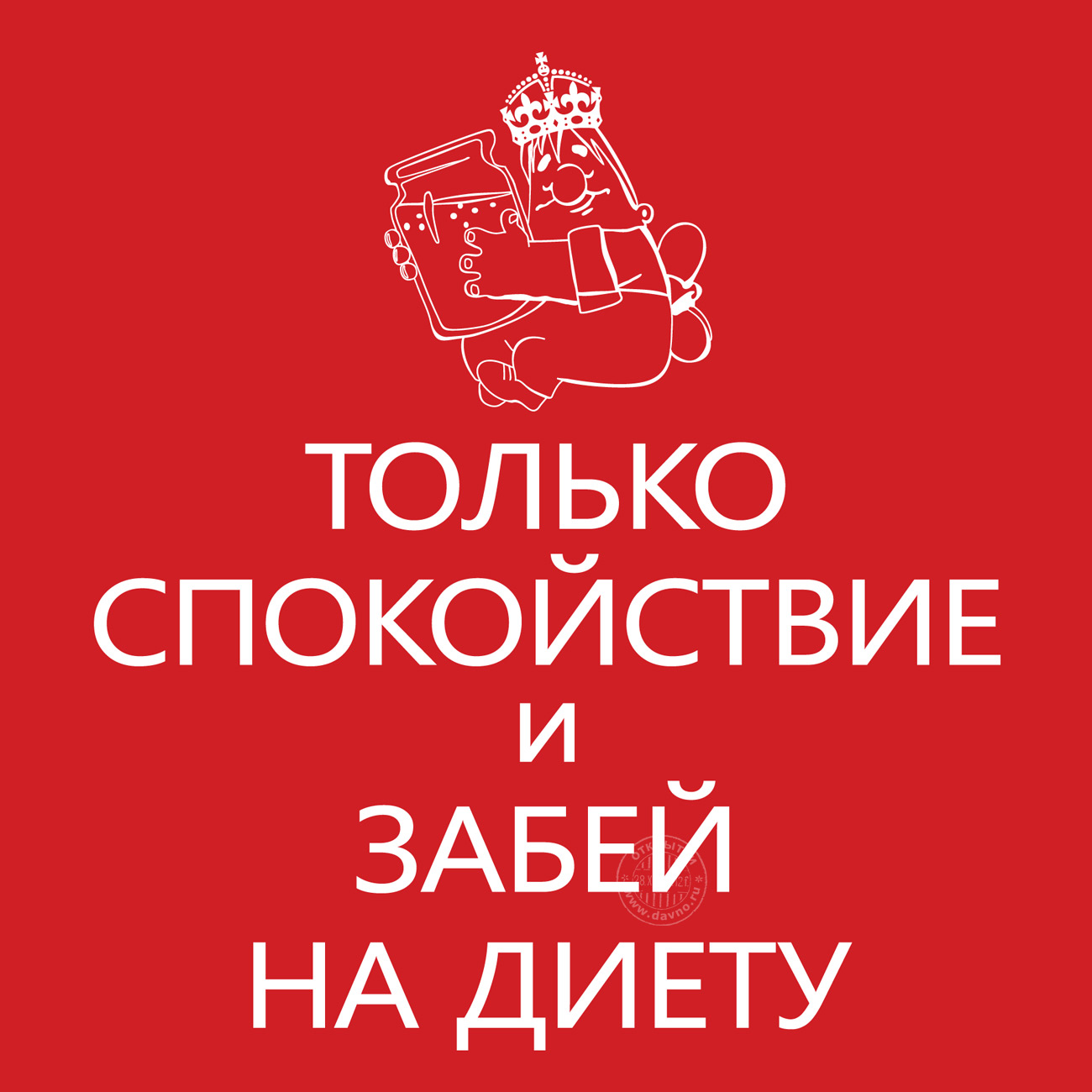
WEIGHT: 60 kg
Bust: B
One HOUR:120$
NIGHT: +50$
Sex services: Cross Dressing, Sex oral in condom, Smoking (Fetish), Deep Throat, Sauna / Bath Houses
We offer you the opportunity to study innovation, entrepreneurship, and development in social work and sustainable urban social work. You will study with fellow students from Denmark and all over Europe who have a shared interest in the development of general social work and sustainable urban social work in particular—an area where social work faces challenges in countries throughout Europe.
You will live in Copenhagen, a beautiful and safe capital that has attracted international attention for offering excellent quality of life. You will meet teachers with various professional backgrounds, including social work, psychology, social science, and law. In addition to general information about University College Copenhagen, this brochure includes specific information about the course, how to apply, and other useful information about being a student in Copenhagen.

How do social workers act to promote a more sustainable future in cities? How do we as urban citizens want our future cities to be? What are the social dimensions of sustainability, and how are these linked to economic and environmental sustainability?
And what are the values the social work profession wants to promote when producing socially just and sustainable cities? This module focuses on social work with urban youth, and through a continuous focus on sustainability, ethics, and values in social work, 3 study loops will guide us towards the best answers to the questions. The 3 loops are:. Pedagogically , the loops are connected through a consistent philosophical and communicative method called protreptic; a method that is well suited to promote social sustainability.

Thus, it can be a space where people in different power positions can meet and participate on equal ground. As such, protreptic dialogue give voice to those who are usually not heard. In social work , a similar focus on liberation, the contradiction of power relations, and dialogue versus anti-dialogue can be found in the work of Paulo Freire. In the module, we use his directions for action in dialogue to facilitate value-based dialogues about vulnerable youth and urban development.



































